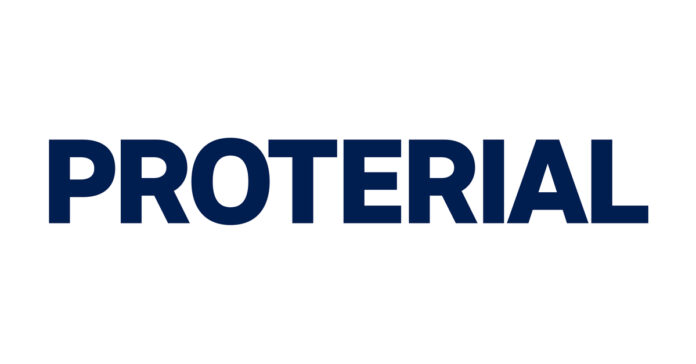Proterial, a Japanese manufacturer once known as Hitachi Metals, has unveiled a groundbreaking amorphous alloy for electric vehicle (EV) motors that could potentially slash power consumption by up to 5%. This development may pave the way for smaller, faster, and more efficient motors in the near future.
This new alloy boasts an impressive reduction of over 90% in energy loss compared to the traditional electrical steel sheets currently used in motors. Despite the challenges posed by the alloy’s strength and thickness, Proterial has successfully processed it into material suitable for EV motor cores, thanks to their advanced transformer core technology.
Proterial aims to begin mass production of this laminated bonded amorphous alloy ribbon by 2025. By addressing durability concerns and overcoming complexities in handling, the company is poised to make a significant impact on the EV industry.
In addition to improving motor efficiency, this innovation also addresses concerns about the supply of rare-earth elements. Proterial plans to integrate the new alloy with their ferrite magnets, which contain significantly less heavy rare-earth elements than neodymium magnets. This move would reduce the industry’s dependence on materials like terbium and dysprosium, whose global supply relies heavily on China.
As the world continues to seek cleaner, more sustainable transportation solutions, Proterial’s amorphous alloy ribbon for EV motors represents a promising step towards greater energy efficiency and reduced reliance on scarce resources.
By combining cutting-edge technology with a commitment to environmental responsibility, Proterial is helping to shape a more sustainable future for the automotive industry. As mass production approaches, it will be fascinating to see how this development influences the broader landscape of EV technology.




